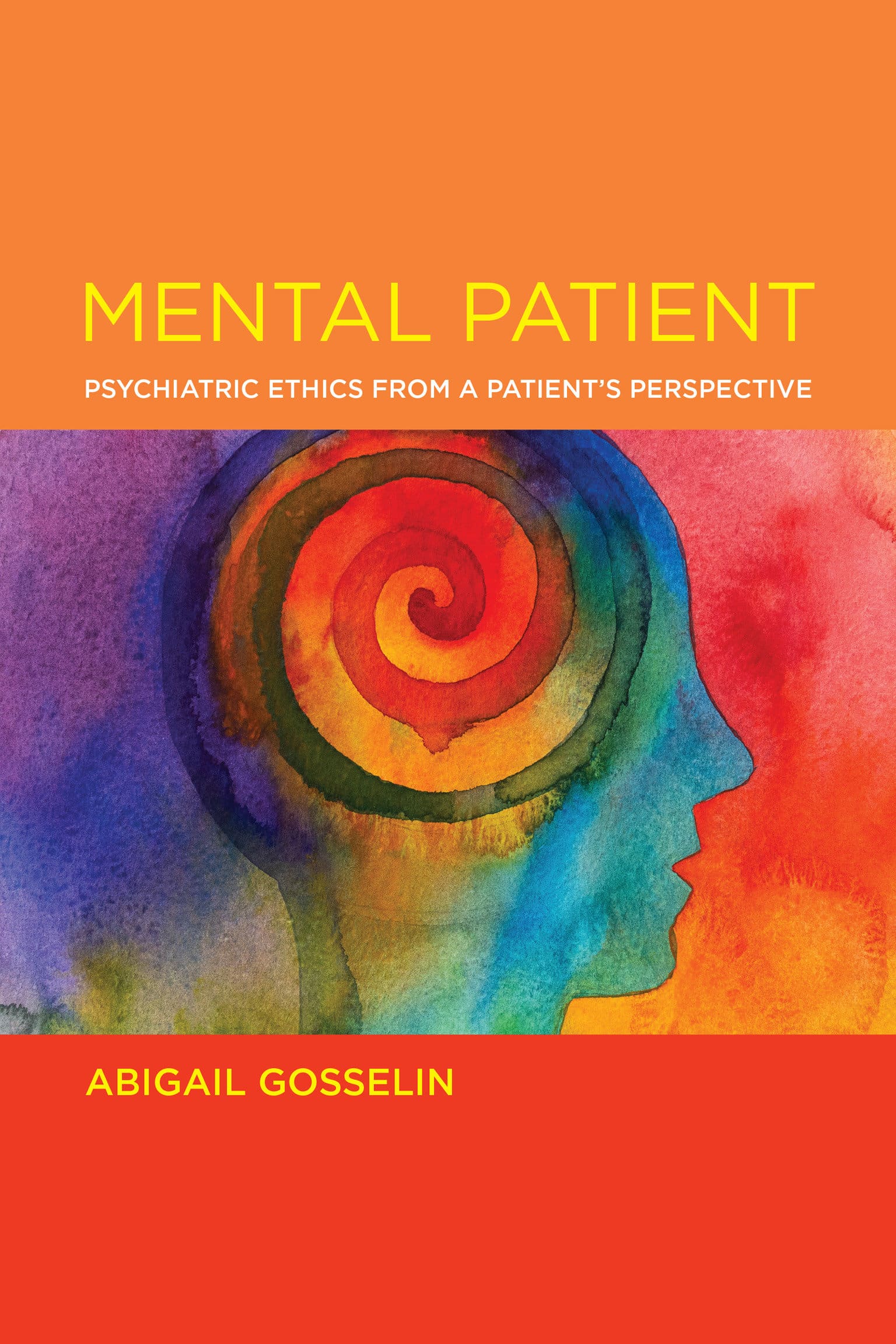Mental Patient: Psychiatric Ethics from a Patient’s Perspective
33.00 JOD
Please allow 2 – 5 weeks for delivery of this item
Add to Gift RegistryDescription
A philosopher who has experienced psychosis argues that recovery requires regaining agency and autonomy within a therapeutic relationship based on mutual trust.In Mental Patient, philosopher Abigail Gosselin uses her personal experiences with psychosis and the process of recovery to explore often overlooked psychiatric ethics. For many people who struggle with psychosis, she argues, psychosis impairs agency and autonomy. She shows how clinicians can help psychiatric patients regain agency and autonomy through a positive therapeutic relationship characterized by mutual trust. Patients, she says, need to take an active role in regaining their agency and autonomy—specifically, by giving testimony, constructing a narrative of their experience to instill meaning, making choices about treatment, and deciding to show up and participate in life activities. Gosselin examines how psychotic experience is medicalized and describes what it is like to be a patient receiving mental health care treatment. In addition to mutual trust, she says, a productive therapeutic relationship requires the clinician’s empathetic understanding of the patient’s experiences and perspective. She also explains why psychotic patients sometimes feel ambivalent about recovery and struggle to stay committed to it. The psychiatric ethics issues she examines include the development of epistemic agency and credibility, epistemic justice, the use of coercion, therapeutic alliance, the significance of choice, and the taking of responsibility. Mental Patient differs from straightforward memoirs of psychiatric illness in that it analyses philosophic issues related to psychosis and recovery, and it differs from other books on psychiatric ethics in that its analyses are drawn from the author’s first-person experiences as a mental patient.
Additional information
| Weight | 0.37 kg |
|---|---|
| Dimensions | 1.27 × 15.24 × 22.86 cm |
| PubliCanadanadation City/Country | USA |
| Author(s) | |
| Format | |
| Language | |
| Pages | 308 |
| Publisher | |
| Year Published | 2022-12-13 |
| Imprint | |
| ISBN 10 | 0262544318 |
| About The Author | Abigail Gosselin is a Professor of Philosophy at Regis University in Denver, Colorado. |
| Other text | “If you want to understand what one person’s experience of living with severe mental illness is like—in particular, psychosis—read this book. Gosselin describes the fear and the attraction that psychosis held for her and how hospitalization compares to other forms of treatment she has experienced. This discussion is set in the context of mainstream philosophical discourse of rationality, the will, choices, meaning-making, and autonomy and agency. Her approach of combining the philosophical with the psychiatric sheds light on some possible trajectories of psychosis in everyday and long-term living. Gosselin articulates the invaluable role that mental health carers can play in guiding patients toward recovery, with specific attention to qualities of listening, fostering trusting relations, and encouraging patients to play an active part in the practice of exercising autonomy and agency. Clinicians, patients, families of those living with mental illnesses will find this book helpful and, hopefully, it will prompt others to write about their first-person experiences of severe mental illness as well.”—Nancy Nyquist Potter, Emerita Professor of Philosophy, University of Louisville“A clear-eyed and courageous account of mental illness, this book grounds the author's experience in a network of useful philosophical concepts. Insightful and moving, this is an edifying account of mental illness illuminated by analysis of autonomy, trust, empathy, and other crucial concepts.” —Havi Carel, Professor of Philosophy, University of Bristol“Mental Patient: Psychiatric Ethics from a Patient’s Perspective is a captivating book that offers important insights into experience with psychosis, how it affects and constrains epistemic and moral agency, and lays out the conditions for how the patient can regain their agency and autonomy. What makes the book original and intriguing is its skillful combination of philosophy with the first-person experience of psychosis. Offering an illuminating perspective on how illness, diagnosis, treatment, and social relationships take shape for both the person experiencing it and those around them the book not only raises important epistemic and ethical questions on the nature of psychosis but also gives practical resources to patients and their loved ones as well as clinicians in helping patients flourish. Gosselin’s book is a must read for philosophers of psychiatry, bioethicists, clinicians, and clinical trainees.” —Serife Tekin, Associate Professor of Philosophy and Medical Humanities, University of Texas at San Antonio |
| Table Of Content | Acknowledgments ixIntroduction 11 Psychosis 72 Autonomy 293 Patient 554 Trust 815 Empathy 1096 Testimony 1357 Meaning Making 1658 Choices 199Conclusion 227Notes 233Bibliography 261Index 287 |
| series |
Only logged in customers who have purchased this product may leave a review.






Reviews
There are no reviews yet.